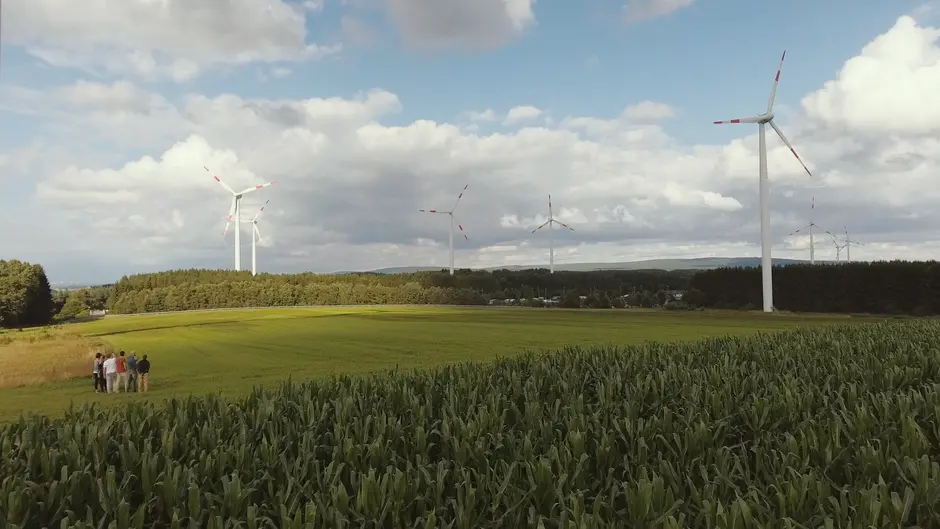The energy transition presents us with the challenge of developing innovative and networked building and supply technology that will permanently change the way we use energy and live our lives. How can we turn buildings into smart buildings in the future? How can we develop intelligent supply networks for cities? How can energy, water, electricity, and heat be linked?
The “Technical Building Equipment and Supply Technology” study programme prepares students to actively shape the energy transition and our future.
There is no aptitude test to be admitted. In addition, no practical training is necessary. As admission requirement, proof of one of the following degrees must be provided:
General qualification for university entrance,
Technical college entrance qualification,
Master craftsman training or
Professional qualification with qualified result (minimum grade 2,5).
Foreign students must also demonstrate sufficient knowledge of German. The following certificates are recognized:
In principle, the admission requirement is the higher education entrance qualification according to §65 Abs. 1 und 2 HochSchG or a higher education entrance qualification recognised as equivalent by the competent state authorities.
Enrolment is possible for the winter term.
The registration takes place in the application portal
Of course, the general admission requirements must also be fulfilled for applications for higher semesters. The department decides on the placement in the respective semester on the basis of the achievements at the previous university.
A second course of studies is given if a first course of studies has already been successfully completed. In this case, the application must be accompanied by a certified copy of the degree certificate and, in the case of N.C. degree programmes, a justification of the second degree course desired.

Please note: Information will be sent to Youtube/Google as soon as you start the video. For further information visit Google Privacy.
You are leaving the official website of Trier University of Applied Sciences